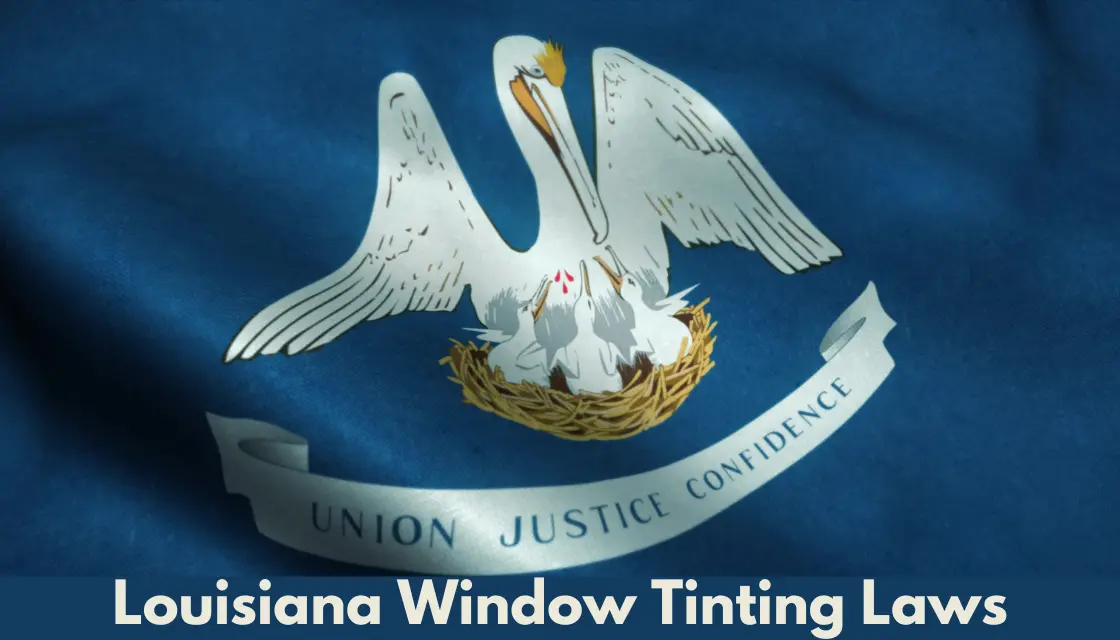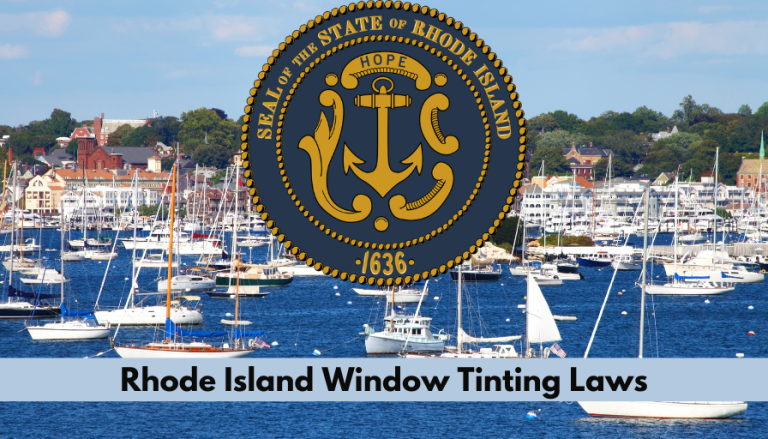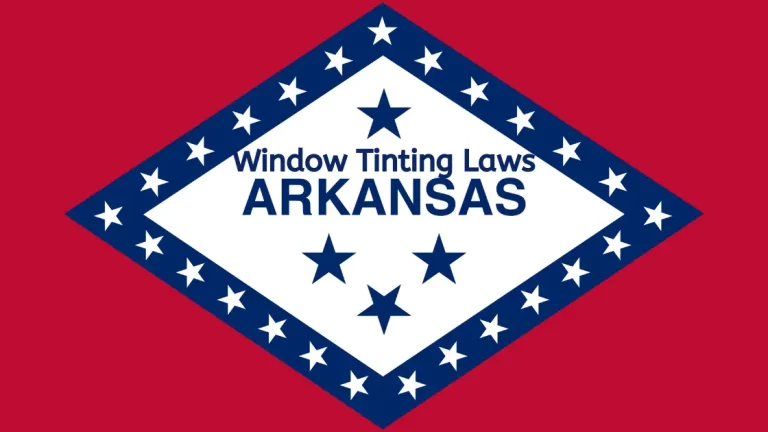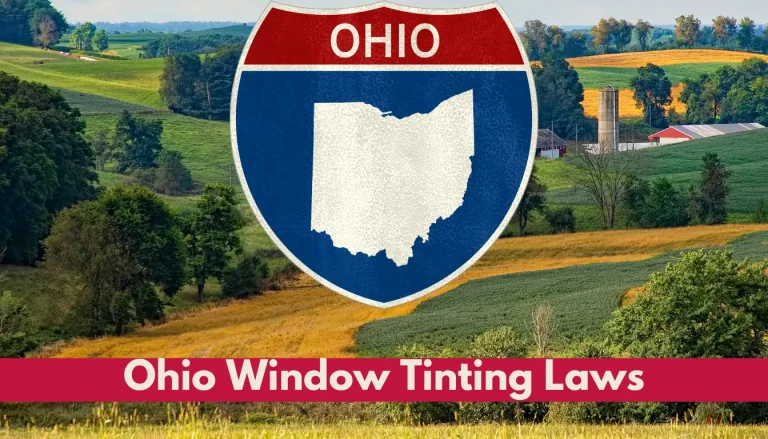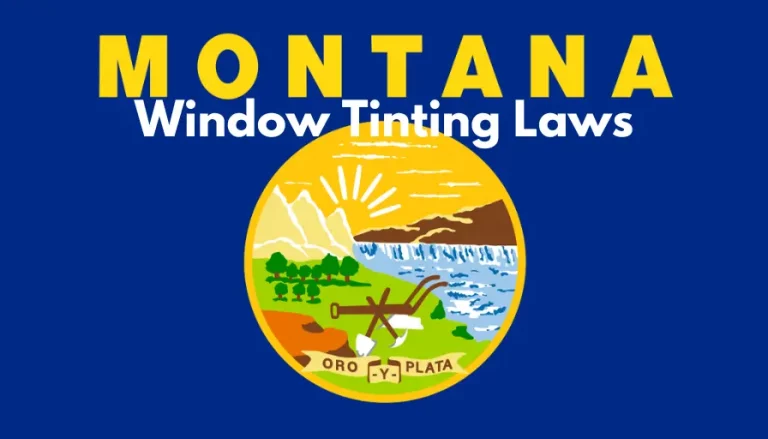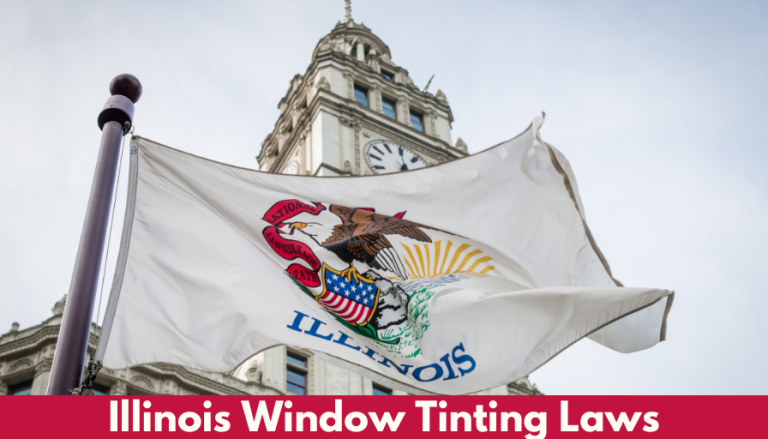Stay Legal: Louisiana Window Tinting Laws & VLT Guide
If you’re looking to add some sleek tint to your car windows in Louisiana, knowing the local laws is crucial. I’ve navigated through the legal jargon to bring you a clear guide on what’s allowed and what could get you a ticket.
Louisiana’s sunny climate might have you itching for darker shades, but there’s a fine line between cool and compliant. Stick with me, and I’ll walk you through the must-know rules before you make that tinting appointment.
Louisiana Window Tinting Laws
When it comes to tinting your car windows in the Pelican State, it’s crucial to stay informed about the legal side of things. Understanding the specifics can protect you from fines and ensure your vehicle passes inspections effortlessly.
Louisiana state law has specific regulations concerning how dark your window tints can be. Adhering to these rules is a must if you want to keep your driving experience hassle-free. The state mandates the Visible Light Transmission (VLT) percentage that’s permissible for each car window. VLT refers to the amount of light that’s allowed to pass through your car windows after you’ve had them tinted. In Louisiana, the following VLT percentages are the thresholds you must not cross:
- Windshield: Tinting on the windshield is allowed only on the top six inches, known as the AS-1 line.
- Front Side Windows: The tint must allow more than 40% of light in.
- Back Side Windows: For sedans, the tint must allow more than 25% of light in; for SUVs and vans, any level of darkness can be used.
- Rear Window: Same as backside windows—the minimum VLT is 25% for sedans, and SUVs and vans have no restrictions.
Moreover, there are additional considerations regarding the reflectiveness of your window tints. In Louisiana, state laws prohibit the tint from being more than 20% reflective on both front and backside windows. This limitation is crucial as highly reflective windows can blind other drivers and potentially cause accidents.
The color of your window tint also matters. Louisiana law restricts the use of red, amber, and blue tints since these colors can be confused with emergency vehicles. To ensure road safety and avoid violations, you must avoid these colors when choosing your window tint.
Understanding the Darkness Limits
When choosing window tint for your car in Louisiana, it’s crucial to understand the specific VLT percentages mandated by state law. VLT percentage refers to Visible Light Transmission; it’s the measure of how much light penetrates through the tinted window. In Louisiana, this percentage varies depending on the type of vehicle you drive – sedans, SUVs, or vans may have different legal requirements.
For sedans, Louisiana law states the front side windows must allow more than 40% of light in. As for the rear side and back windows, they can be darker, but they must still allow over 25% of light to pass through. SUVs and vans, on the other hand, may have any VLT percentage on windows behind the driver. However, it’s always a good idea to avoid going too dark for safety reasons, ensuring you have clear visibility, especially at night.
Reflective tints can reduce glare and heat, but in Louisiana, they’ve set limits to ensure you’re not posing a hazard to other drivers. The reflection on the front side windows cannot exceed 20%, and this is consistent for the rear window as well. These rules are designed to strike a balance between privacy, style, and safety on the road.
| Car Type | Window Type | Minimum VLT Percentage |
|---|---|---|
| Sedan | Front Side | 40% |
| Sedan | Back Side/Rear | 25% |
| SUVs/Vans | Front Side | 40% |
| SUVs/Vans | Back Side/Rear | Any VLT acceptable |
Exemptions to the Tinting Laws
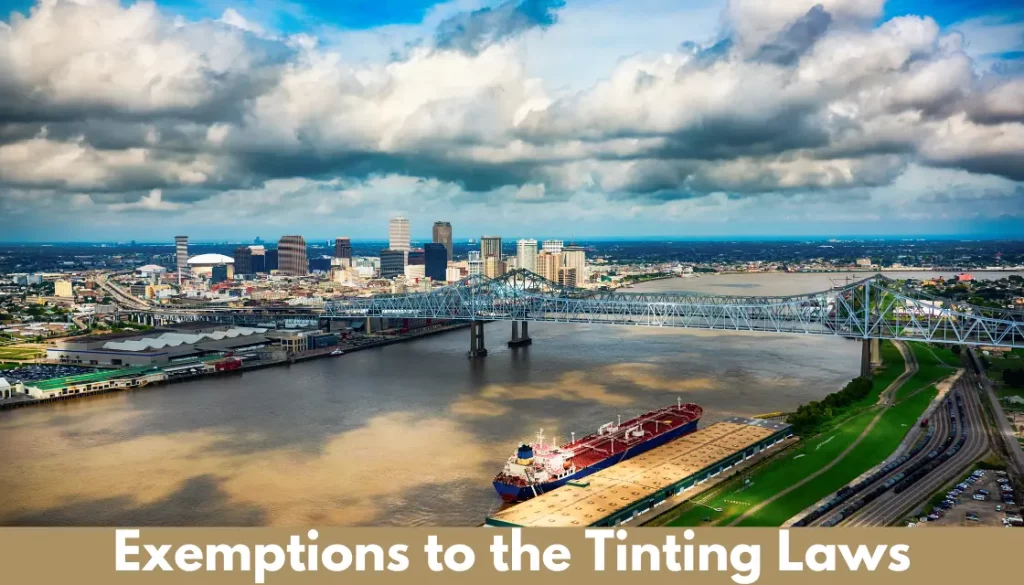
While Louisiana’s window tinting laws set the standard for most vehicles, there are exemptions that allow certain cars to have tints that do not comply with the VLT percentages typically mandated. Understanding these exemptions is crucial for drivers who may have medical conditions or other specific requirements that necessitate darker tints.
One of the primary exceptions to the standard tinting regulations is for vehicles owned by individuals with medical conditions that warrant protection from the sun. If you’re someone with a condition such as lupus, photosensitivity, or melanoma, you may be eligible for an exemption. To obtain this, you’ll need to present documentation from a licensed physician certifying the medical necessity for the darker tint.
In addition to medical exemptions, law enforcement vehicles are often permitted to have darker window tints. This is an operational requirement, allowing officers to conduct surveillance without being easily noticed.
To apply for an exemption, you typically must:
- Obtain a signed letter from a licensed physician or optometrist.
- Submit the medical exemption form to the relevant state department.
- Receive an exemption certificate which must be kept in the vehicle at all times.
Please note these exemptions are granted on a case-by-case basis, and the Louisiana State Police is the final authority on whether your vehicle complies with the law—even with an exemption in place.
For those who have received an exemption, it’s imperative to follow the renewal process. The state of Louisiana requires exempt individuals to renew their certification periodically to ensure their condition still requires the exception. Failure to renew can result in fines and the revocation of your tinting exemption.
Consequences of Window Tint Violations
When you’re not in compliance with Louisiana’s window tinting laws, the road ahead can get a bit bumpy. Let’s talk about the potential penalties for violating these statutes.
First things first, if your vehicle’s windows are tinted beyond the legal VLT percentage, you’re at risk of being pulled over by law enforcement. Officers in Louisiana are known to strictly enforce these regulations. If caught, I might be issued a “fix-it” ticket, which is essentially a notice that gives me the opportunity to remove or replace my illegal tint to meet the state’s legal standards.
However, it’s not always a simple warning. Fines for noncompliance can range anywhere from $150 to $500. These fines can escalate with repeat offenses, hitting my wallet hard each time I’m caught with windows that are darker than the law allows. I should note that even after paying my fine, I’ll still need to address the tint to avoid future penalties.
Let’s talk about the seriousness of repeated offenses. If I’m a serial offender, my car might end up being impounded, which translates into an even more costly venture – think towing fees, impound lot charges, and the inconvenience of being without my vehicle. Plus, don’t forget the additional expense of finally complying with the window tint laws.
Another aspect I might not have considered is the impact on my car insurance. Some insurers view non-compliance with state laws as a risk indicator, which could lead to increased premiums. After all, insurance companies prefer policyholders who adhere to road safety regulations.
For those who might have medical exemptions, it’s key to keep the necessary documentation on hand. Without the exemption paperwork readily available, showing my tint is legally justified can be challenging, potentially leading to the same penalties as those without an exemption.
| Violation | First Offense | Subsequent Offenses |
|---|---|---|
| Fine | $150 to $500 | Up to $500 |
| Impoundment Possibility | Rare | More likely |
| Insurance Premium Increase | Possible | Likely |
To sum up, it’s simply not worth the risk to flout Louisiana’s window tint laws. Not just for the potential financial hit but also for the hassle and possible legal trouble it might bring my way.
Tips for Choosing a Tint Shop
When selecting a tint shop in Louisiana, it’s crucial to keep several factors in mind. I’ll guide you through the process of picking a reliable shop to ensure your window tinting complies with state laws and meets your personal needs.
First and foremost, research is key. I always check online reviews and testimonials to gauge past customers’ experiences. A shop with a significant number of positive reviews generally indicates trustworthy service and quality workmanship.
Certifications can be a game-changer. Look for shops that are certified by reputable industry organizations. These certifications show a commitment to high-quality service and often require the shop to follow strict industry standards.
It’s also important to inquire about the types of tint they offer. High-quality materials such as carbon or ceramic tints might be more expensive, but they offer superior performance and longevity. Shops that provide a range of options allow for more flexibility to meet legal requirements and aesthetic preferences.
Assess their knowledge of Louisiana’s tinting laws. A credible shop will have no issue explaining how its services align with state regulations. They’ll understand the VLT percentages allowed and can help guide you through selecting a tint that won’t put you at risk of penalties.
Here’s a brief checklist to make the process smoother:
- Read online reviews
- Check for industry certifications
- Evaluate the quality of tint materials
- Confirm their knowledge of local laws
Don’t rush into a decision. Take your time, visit multiple shops, and ask questions. I always go the extra mile to ensure that the shop’s customer service is on-point. They should be willing to answer my questions without making me feel pressured into a sale.
Conclusion
Staying informed about Louisiana’s window tinting laws ensures you remain on the right side of the law while enhancing your vehicle’s aesthetics and functionality. I’ve walked you through the VLT percentages, the exemptions available, and how to stay compliant. Remember, choosing the right tint shop is as crucial as understanding the regulations.

